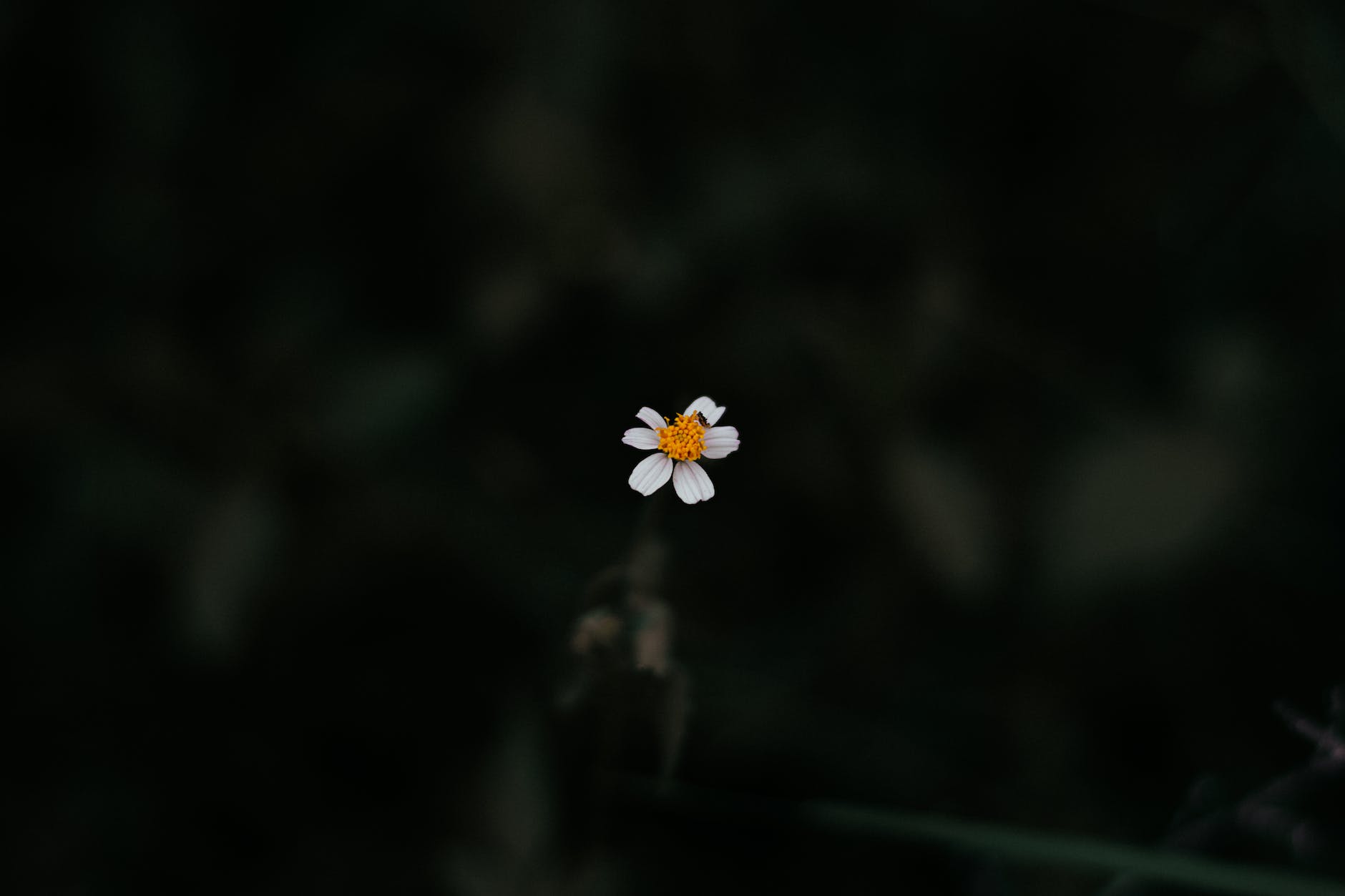Upper Road, Plaistow in 2010. I was visiting my wise, elderly aunt in her new home. Whilst her home was in the bustle of Plaistow, East London you would never have known it. There was a stillness in and around her road. I wonder now if this had something to do with the fact that she lived opposite East London Cemetery. “Do you not feel scared?” another aunt had asked. “Living across the road from a cemetery? It feels eerie.” The response to this question was not one that I was expecting, but it has stayed with me since. “No, not at all,” she replied, her face filled with warmth. “Why should I be scared? This is the reality of life, it is where we will all be going someday. We should think about death. If anything, when I look out the window and see the cemetery, it makes me feel alive.”
“It makes me feel alive,” let’s just ponder on this a little. I am at a stage of life when death and dying, grief, pain and suffering are becoming very real. I am acutely aware that in the next 10 years or so I will experience death at the ‘coalface’ and there is nothing that I can do that will stop it happening. If you have been born, you will die. This is the truth.
I think the more that we are able to accept this inevitable truth, the more it allows us to live our life to the fullest and actually value living moments. Conversations become richer; honest and real, allowing us to go beyond everyday pleasantries. Being able to articulate our deepest fears and regrets may lessen the power that they hold over our being – it could even make way for change. Relationships can be invested in and gratitude can be expressed. The thought of the end can give one courage – after all, what is there to lose?
Contemplating death, whilst to some may seem morbid, allows us to become intimate with it, so that we can learn how to reduce the suffering it brings into our lives. Engagement can happen through all ages as death and impermanence surrounds us every day. It could be the seasons changing, leaves falling off the trees, the death of a pet or a tooth falling out. By discussing this reality, we can start to realise what it means to us and for us.
When we choose to engage with death, we can live and care for each other and ourselves better. By actively processing death, we improve the way we live. Furthermore, we help shift the conversation and mindset from being fear-driven to being peaceful.
As Caitlin Doughty so elegantly put it: “Death is the engine that keeps us running, giving us the motivation to achieve, learn, love, and create.” We have a natural tendency to want to increase our distance from things that feel uncomfortable to us, but we need to learn to lean into that which feels uncomfortable. Death is no different. Let us meditate on this.




